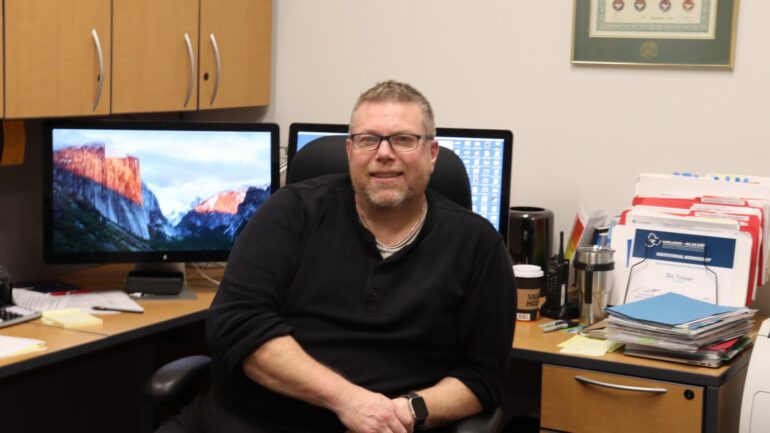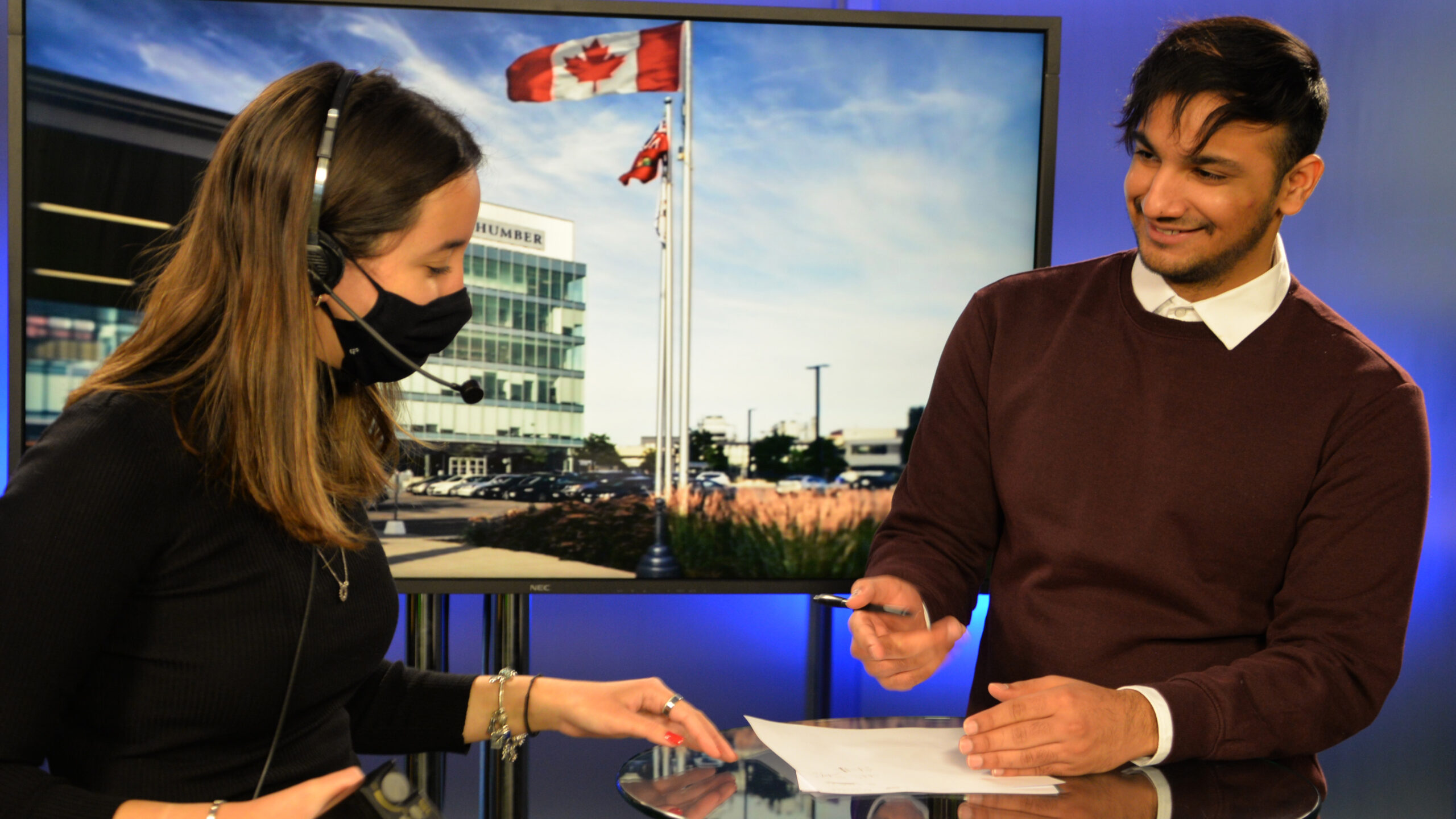Manan Nijhawan was excited walking into the Humber College gym to do his first sports story. But he found a policy in his way.
“There was a form I needed to fill out before I could receive access to the facility,” said Nijhawan, a third-year journalism student at Humber.
The process was created by the 2019 Temporary Use-of-Space Policy requiring that forms be submitted and permission granted for access to campus space. It stems from the Progressive Conservatives government’s Free Speech on Campus policy. It could take up to 15 days before permission is granted.
But in the world of journalism, there is seldom time to wade through such administrative bogs.
“It puts me in a difficult spot when it comes to deadlines,” which can be daily, Nijhawan said.
“I can’t wait that long. There shouldn’t be a whole process behind getting access to a facility in school.”
He was told he would need to contact his professor and go through a process that leads to the program coordinator.
The coordinator would guarantee the student’s identity and purpose. Only at this step would permission to be present in school space be granted.
Nijhawan was the first journalism student this year to be asked for this form.
“This was my first Humber athletics department story,” Nijhawan said. “To interview these athletes in that gym environment, it’s a big deal for me.”

Rob Kilfoyle, director of public safety and emergency management, sitting in his office at Humber College. He says he’d like to see a compromise in the use-of-space policy when it comes to journalism students. PHOTO CREDIT/NATHAN ABRAHA
Unless such policies are amended, journalism students are denied practical experience of covering sports and Humber athletes lose the benefit of coverage of their commitment, efforts and accomplishments.
Nijhawan does see a silver lining, an opportunity to branch out and cover stories outside the school.
“If they don’t want us in, there is a lot outside Humber that can be covered,” he said.
Moving away from unnecessary limitations on students is exactly what Guillermo Acosta, dean of the Faculty of Media and Arts at Humber College, is trying to accomplish.
“I’m trying to find a middle ground in which we don’t limit academic activity while still protecting the safety of people on campus,” he said.
Acosta said the stronger enforcement of the policy is partly due to COVID outbreak-prevention measures, but he believes it’s now time to start re-evaluating it.
“It’s gotten a bit blurry, it needs a second look and we can find ways to make it work for students and faculty,” Acosta said.
“The campus was closed for 18 months so we still need to readjust,” he said.
Acosta sympathizes with journalism students’ struggles with this policy.
“If the procedure is creating contractions to your work as a journalist we need to modify it to make the process smoother,” he said,
He does not see the policy as mean-spirited or rooted in censorship. Instead, he defines it as a safety policy that can be modified to serve all interests.
“We need to increase the ability of our students to practice what we are teaching them,” Acosta said. “And I believe that we can find a solution over time.”
The enforcement of this policy that job falls to Rob Kilfoyle, director of public safety and emergency management at Humber.
“If it’s a quick interview, it probably isn’t a big deal unless it’s, you know, disruptive,” he said.
Kilfoyle said the policy is not intended to limit students’ ability to do their work, but that certain spaces on campus require permission to enter.
Places like the athletics departments and other areas that are considered more sensitive areas are specially kept in check.
“Under the policy, we have the right to request the permit to verify and validate that the use of space has been approved,” he said. “And if people can’t provide us with the permit, then we can politely shut them down and ask them to go seek permission.”
As far as long-term solutions Kilfoyle echoes the same sentiments as Acosta, speaking of a meeting with senior officials and program coordinators aimed at finding a middle ground.
“We’re going to have a meeting to try to find a solution that works for all parties involved,” Kilfoyle said. “We want to try to help students as best we can.”

